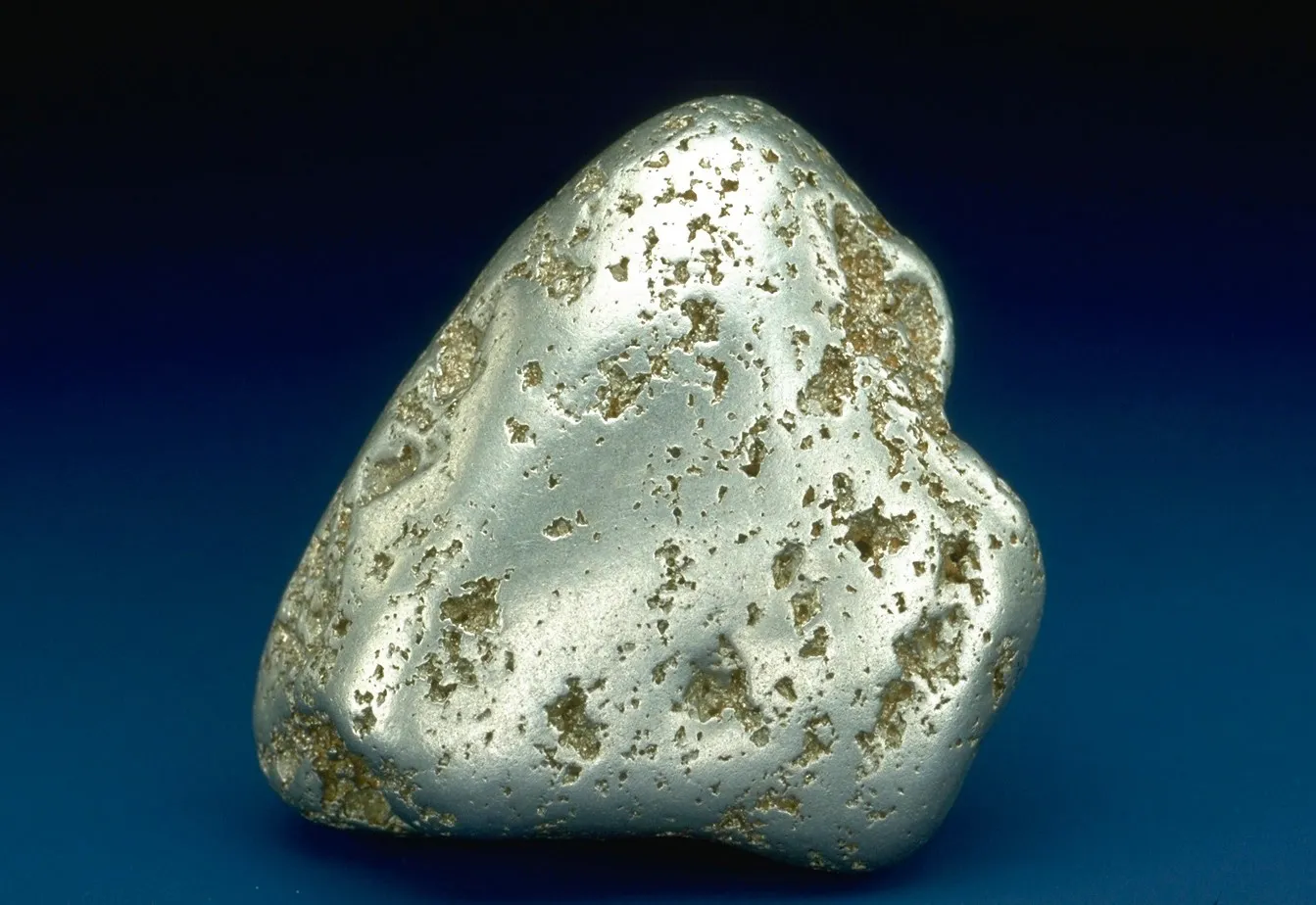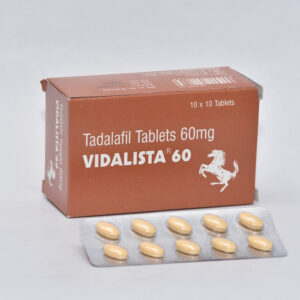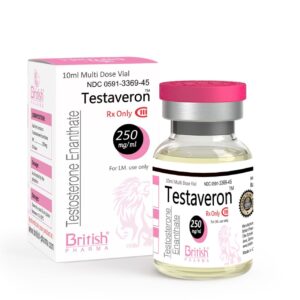Precious Metals: Gold, Silver, and Platinum for Catalysts
Precious metals are rare, naturally occurring metallic elements with high economic value due to their unique physical and chemical properties. Among these, gold, silver, and platinum are particularly significant, not only for their traditional use in jewelry and finance but also for their crucial role in industrial applications, especially as catalysts in various chemical processes.
Gold (Au)
Gold is one of the most well-known and valuable metals, admired for its lustrous yellow appearance and exceptional resistance to corrosion and oxidation. While primarily used in jewelry and as a store of value in financial markets, gold has remarkable catalytic properties that make it essential in several industries.
Gold as a Catalyst
Chemical Reactions: Gold nanoparticles serve as catalysts in oxidation and reduction reactions. Due to their high surface area and ability to remain stable at different temperatures, gold catalysts are used in reactions such as the oxidation of carbon monoxide (CO) to carbon dioxide (CO₂), which is crucial in air purification systems.
Green Chemistry: Gold-based catalysts are instrumental in environmentally friendly chemical processes, helping to reduce harmful emissions and promote sustainable industrial practices.
Fuel Cells: In energy applications, gold catalysts aid in hydrogen fuel cell technology, improving efficiency in clean energy production.

Silver (Ag)
Silver is another precious metal known for its excellent thermal and electrical conductivity. It is widely used in electronics, medicine, and industrial applications. Although it is less common as a catalyst than gold and platinum, silver still plays an essential role in catalysis.
Silver as a Catalyst
Ethylene Oxidation: Silver catalysts are heavily used in the petrochemical industry for the production of ethylene oxide, a precursor to ethylene glycol, which is essential for making plastics, antifreeze, and polyester fibers.
Water Purification: Due to its antibacterial properties, silver catalysts contribute to water treatment processes by facilitating oxidation reactions that break down harmful organic compounds.
Chemical Synthesis: Silver-based catalysts are used in organic synthesis, including hydrogenation and oxidation reactions that create essential pharmaceuticals and agrochemicals.
Platinum (Pt)
Platinum is one of the most versatile and widely used catalytic metals. It has exceptional chemical stability, making it indispensable in industries ranging from automotive to pharmaceuticals. Its ability to accelerate chemical reactions while remaining unchanged makes it a key component in various catalytic applications.
Global Supply Chain and Challenges
China dominates the global REE market, producing over 60% of the world’s supply and refining around 85% of all REEs. This concentration raises concerns over supply chain security, prompting other countries to develop their own REE sources.
Challenges in REE production include:
Environmental Impact: Mining and processing generate toxic waste and radioactive byproducts.
Geopolitical Risks: Trade restrictions and export controls can disrupt global supply chains.
High Extraction Costs: The complex separation process increases production expenses.
Platinum as a Catalyst
Automotive Industry: Platinum-based catalysts are extensively used in catalytic converters, which help reduce harmful vehicle emissions by converting carbon monoxide (CO), nitrogen oxides (NOₓ), and hydrocarbons into less harmful gases like CO₂, nitrogen (N₂), and water (H₂O).
Hydrogen Production: Platinum catalysts are crucial in hydrogen fuel cells and electrolysis processes, where they facilitate the separation of hydrogen from water, enabling clean energy production.
Petroleum Refining: The petrochemical industry relies on platinum catalysts in processes such as catalytic reforming, where hydrocarbons are converted into high-octane fuels and other valuable chemical products.
Medical Applications: Platinum compounds are also used in pharmaceuticals, particularly in chemotherapy drugs like cisplatin, which treat various types of cancer by interfering with DNA replication in cancer cells.
Significance of Precious Metals in Catalysis
The unique ability of precious metals to accelerate chemical reactions without undergoing significant changes makes them invaluable in many industrial and scientific applications. Their high reactivity at the nanoscale, resistance to oxidation, and ability to function at varying temperatures allow for greater efficiency and sustainability in modern chemistry.
While these metals are expensive and scarce, ongoing research focuses on optimizing their use by developing alloy-based catalysts or recycling existing materials to ensure their long-term availability. Precious metal catalysts continue to play a vital role in reducing environmental impact, advancing clean energy technologies, and improving industrial processes worldwide.
Our Products
-
Lovegra 100mg
$1.50 / Per Pill
-
Cialis 60MG
$1.50 / Per Pill
-
Testosterone Enanthate
$240.00 / Per 10ml






